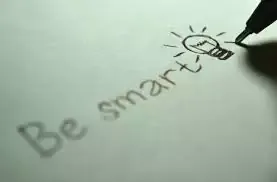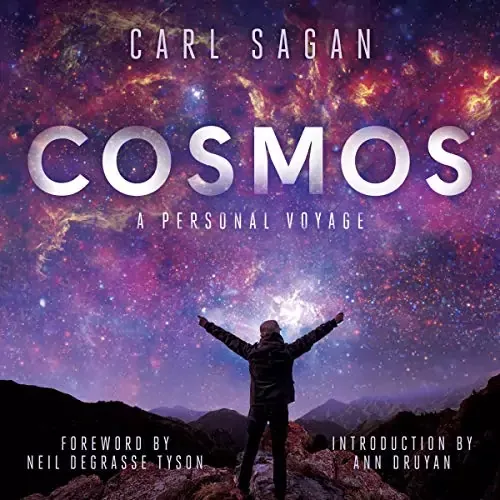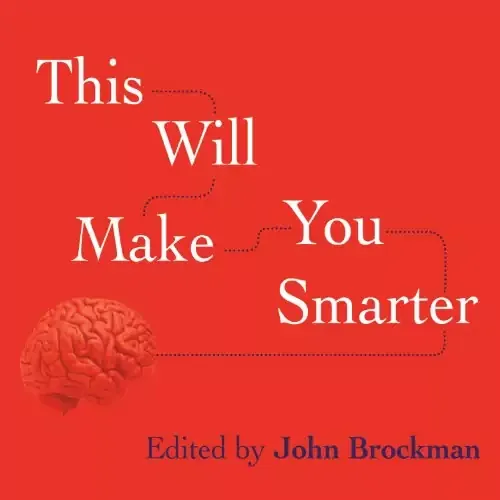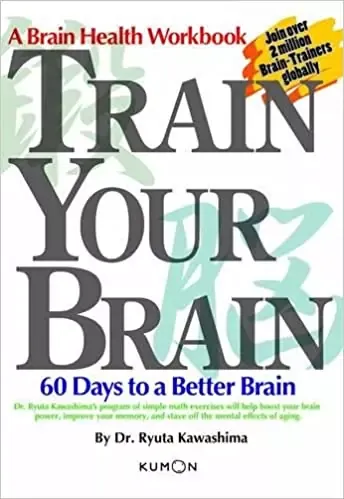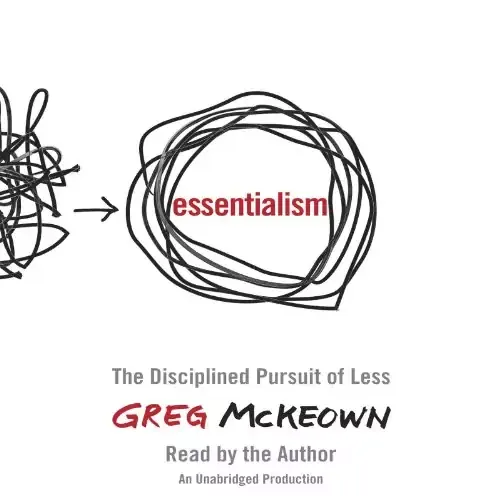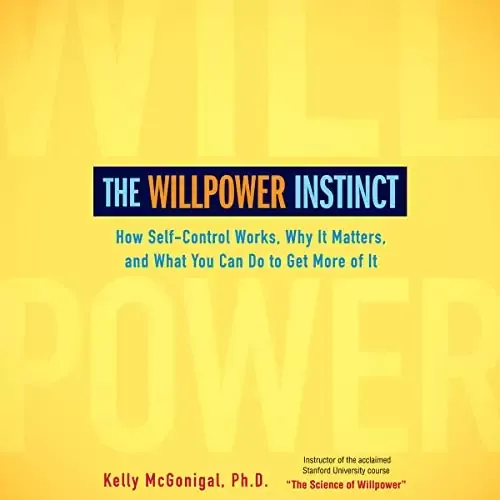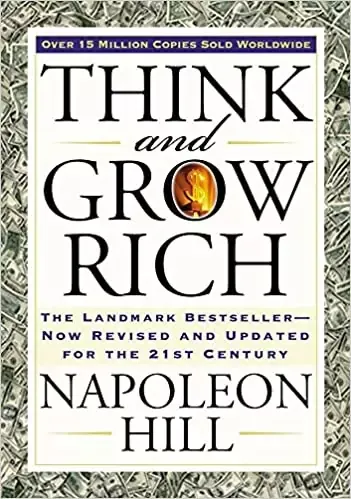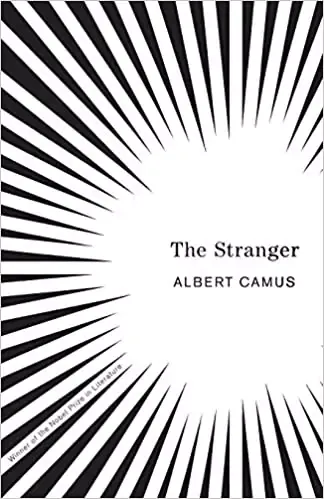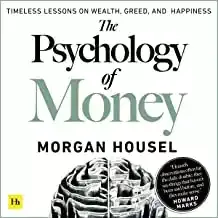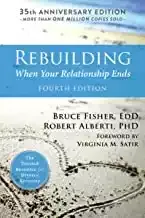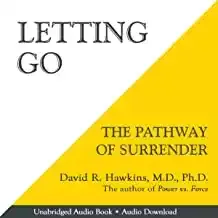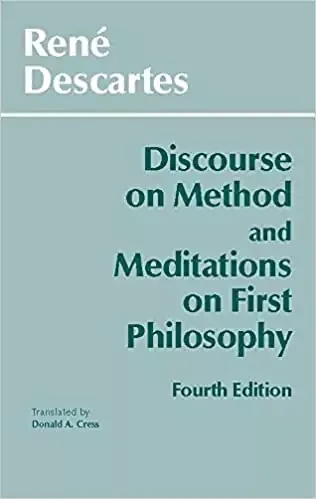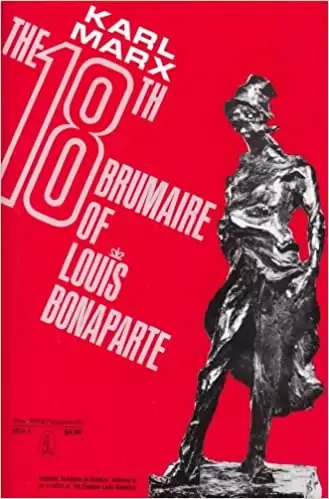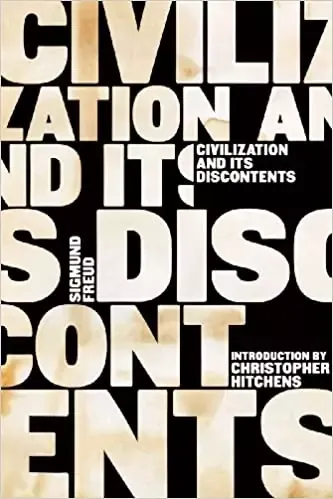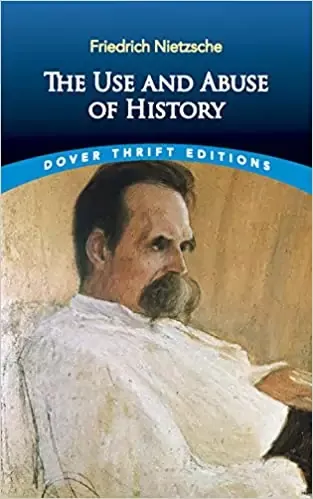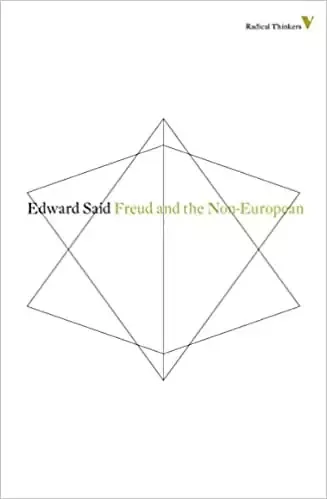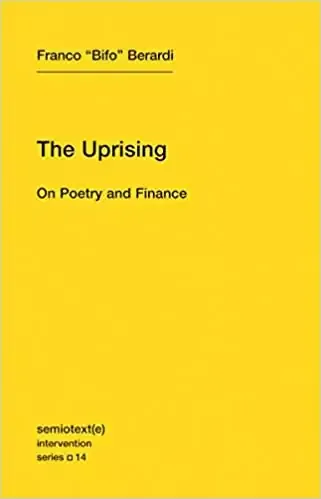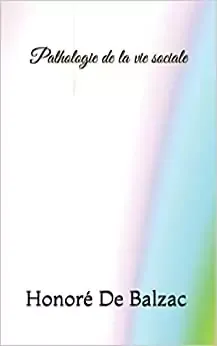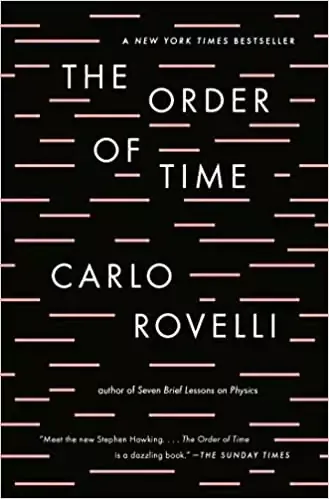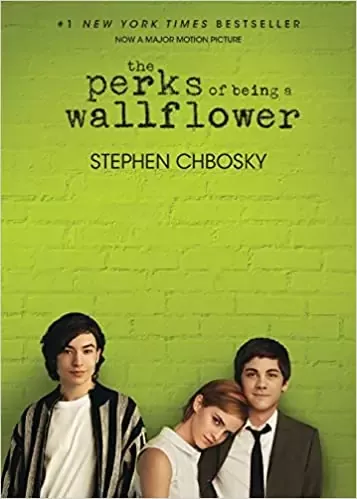The Best 25 Easy To Read Books That Make You Smarter
Reading books makes you smarter, more interesting, wiser, and a better person.
Welcome to an insightful journey through the 'best 25 easy-to-read books that make you smarter, and more interesting,' written by Muhiuddin Alam on the book recommendations and reviews site, ReadingAndThinking.com.
Over the years as a leading Authority, I made countless articles many of which can be found on this site.
I have received many requests to recommend some of the best books that make you smarter. In response, I'm pleased to offer my expert recommendations in this article.
I will recommend you best books that will make you smarter in this post, which are based on my in-depth study and testing in this field. Such as Cosmos, This Will Make You Smarter, Train Your Brain, Essentialism, The Willpower Instinct, The Lean Startup, Think and Grow Rich, and Last Chance to See.
These aren't just the top books to make you smarter. Below, you'll find 25 books with detailed descriptions of each of these outstanding resources, helping you make well-informed decisions in your easy-to-read books journey."
Many people feel that they are not "smart" enough. Wisdom is determined by your brain's thinking and cognition, so today I will share with you books about brain thinking and cognition so that you can understand the brain and improve your thinking.
If there are no books in life, it seems that there is no warm sunshine; if there are no books in life, it is as if there are no delicious snacks; if there are no books in life, it seems that there is no cool breeze. For everyone, books are inseparable companions and mentors.
The Best 25 Easy-To-Read Books That Make You Smarter, and Interesting
Those black words printed on white paper are the soul of knowledge. Whenever I touch them with my eyes and my mind, they will bring me endless enjoyment.
Time gives experience, and books give wisdom. With the change of years and the change of tree rings, gradually, I fell in love with my favorite books. The happiness they bring to me will always give me an endless aftertaste, but also remind me of many insights.
Someone tells me that only when we laugh at the end is we to win; education in love, tells me that only love can make humans feel satisfied. To get love from others, we should first learn to give love to others. Understand? Tells me that it is better to be angry than to strive for success.
Life tells me that everything is a test for us. We should "eat bitterness to be superior to others"; Robinson Crusoe tells us that the light is ahead and the road to success is created by ourselves.
Books give me infinite power; books to read to increase intelligence, books give me endless pleasure, books to increase knowledge, best books that make you look smart.
The book has me from ignorance to profound, from childish to mature, from vulgar to elegant, from fragile to strong, and from failure to success. These are the fruits I have picked from books!
Of course, if you're smart, you won't be able to think. The key is how to think while reading. When you are reading a book, whether it is a good book or a bad book, you should always learn to learn from the author's point of view when reading, and then carefully consider your views on this point of view.
I think what the subject may lack is this ability. If you want to abandon the flow of literature, it is recommended to start from the classics, use the above methods to guide your thinking, and analysis, and gradually become smart.
1. Cosmos by Carl Sagan
Carl Sagan's "Cosmos," tells the history of the Cosmic for 15 billion years, which is incomparable to anyone. This book shows how extensive and profound Carl's interests are and draws readers to a fascinating world.
Although this book is mainly about how science develops in our society, it deals with topics such as history, philosophy, religion, and culture. The book is simple and understandable to those without a scientific background.
What a privilege and joy it was to have read this book. I made my way through it rather slowly because it was so packed full of historical anecdotes, scientific findings, and thought-provoking insights that I needed a break every chapter or so to let ideas mentally sink in. In 13 chapters, Dr. Sagan gives us a glimpse into all scales of space and time.—Read More—Nichanan Kesonpat
Click Here To Check Out More Author Carl Sagan's Books on Amazon.
2. This Will Make You Smarter by John Brockman
This is the question John Brockman asked the most influential thinker in the world. Their visionary answers come from psychology, philosophy, economics, physics, sociology, and other fields.
Amazing and inspiring, these insights will radically change the way you see yourself and the world.
Brockman's books extracted from Edge.org are really hubs, that through their spokes (the essays they group together under one question) consent the reader to reach out and grab, experience, and explore the often difficult-to-follow contemporary thought in many scientific disciplines. Otherwise, we could define them as toolkits from which to extract the necessary tool that helps us to better understand our ever-changing world.—Read More—Magazine Sabina
Click Here To Check Out More Author John Brockman's Books on Amazon.
3. Train Your Brain by Dr. Ryuta Kawashimak
This essay promises to stimulate your brain to prevent its aging and loss of ability. It contains a series of spreadsheets that you exercise every day to improve your brainpower. Japanese bestseller is a practical and fascinating way to stimulate your mind.
I've been doing this daily ... I'm up to about day 30 .. of course, I can't tell if it's working or not .. but I do enjoy challenging myself ... and feel as though this book is doing the trick... I do not write IN THE BOOK... I write on a separate tablet ... so I can use the book over and over again ..—Read More—Mrs. Tami M. Stover
Click Here To Check Out More Author Dr. Ryuta Kawashimak Books on Amazon.
4. Essentialism by Greg McKeown
You can't be wrong here. Essentialism advocates eliminating the unnecessary pursuit of important things.
McKeown combines principles of personal leadership, insights into employee engagement, strategies for business success, and suggestions for better decision-making and smart living. This is one of the few books I want to reread, even before I finish the last chapter.
My title sounds like I'm lying - who would read a book that many times? But honestly, this has become my go-to book whenever I feel overwhelmed with life. It helps me simplify - but so much more than just that. It helps me analyze my current projects and focus on the 2-3 that will —Read More—Destiny Yarbro
Click Here To Check Out More Author Greg McKeown's Books on Amazon.
5. The Willpower Instinct by Kelly McGonigal, Ph.D.
I'm fascinated by the connection between good habits and willpower. In the willpower instinct, McGonagall (Kelly is Jane's twin sister and has three Ted talks on Game Theory) guides willpower and provides life-changing prescriptive advice and supplementary exercises to help us cope with more difficult challenges such as weight loss, procrastination, happiness, and parenting.
A lot of research on willpower and self-control is conducted by research psychologist Roy Baumeister. The willpower of his book is a good companion for McGonagall, especially if you are an evil experiment on unsuspecting college students.
Out of all the books on how to build self-control, the one I recommend most is The Willpower Instinct by Kelly McGonigal. There are two reasons why:
First, this book is optimistic. After reading what some people have to say about willpower, you might be left with the impression that if willpower is a limited resource, and you deplete it, especially if you have lots of stress in your life, you’re out of luck. —Read More—Tom Venuto
Click Here To Check Out More Author Kelly McGonigal's Books on Amazon.
6. The Lean Startup by Eric Ries
The premise for this bestseller to stand out can be summed up in this quote from lean startups: "Most startups fail. But many of these failures can be prevented. " Ries shows both the dangers of releasing untested products and the more pedantic process of releasing "least viable products"
and then making incremental changes based on customer feedback. Rice combines his entrepreneurial experience with case studies of other start-ups (mainly technology-based) to provide a very readable recipe for building entrepreneurial success in an orderly manner, one "fulcrum" at a time
This book focuses on giving an overview of Lean methods and convincing you why you should use them. It uses a lot of examples, mainly from startups. Some of the best examples come from the author's own experience, and his company continues to do well. However other examples haven't aged well.—Read More—B. Hill
Click Here To Check Out More Author Eric Ries's Books on Amazon.
7. Think and Grow Rich by Napoleon Hill
Think and Grow Rich, because it's about being smarter, not about making money, but more about understanding the basic elements that make people successful in anything.
Deep in the rabbit hole, we need to know what drives the world, what creates change, and what drives us. As far as it is concerned, its value is immeasurable.
If you want to learn how to act to change the world, read "Think and Grow Rich"
In your journey for success, and I've read over 150 books on business and personal development, this is the godfather. The only true place to start. But be wary, because this book requests you physically do things outside of reading, such as writing your daily goals, writing your 6 steps, and reciting them daily. —Read More—Nick W
Click Here To Check Out More Author Napoleon Hill Books on Amazon.
8. Last Chance to See by Douglas Adams and Mark Carwardine
From the first time, someone died from eating the wrong berry to seeing a mad dog's instinctive response on the street, our ability to recognize and understand other creatures is crucial to our survival.
In a large part of the modern world, naturalistic intelligence is seriously inadequate, and we are isolated from hunting, farming, and wilderness survival, which were once essential. Adams and Cavutin's books focus on endangered species, and it's a good place to start your naturalistic re-education.
I normally wouldn't review a twenty-five-year-old book, but since "Last Chance to See" is just as relevant today as it was in 1990, some words are warranted. Also, being an author myself, who writes similar humor-infused, ecologically-minded travel books, I must say that from now on Douglas Adams will be the writer I most aspire to emulate.—Read More—Marty Essen
Click Here To Check Out More Authors Douglas Adams and Mark Carwardine Books on Amazon.
9. The Stranger by Albert Camus
On the surface, Camus' classic is a straightforward story, of a man who committed a terrible crime and paid the price. In essence, it's fighting against the basic problems that we have.
There's no better way to improve your survival IQ than to read it twice. Maybe, think of Camus' absurd view. Our existence, our existence, is one of the basic facts of our lives, but in many ways, it is a mystery. After reading this novel, think about it, whether you realize it or not, you will become smarter.
The first novel I’ve read in ages, I was exposed to Camus by a Goodreads reviewer. Much later a bracing audio series by The Great Courses and Robert Solomon arrested my interest. Without both, I’d not have liked the book as much.—Read More—Brett Williams
Click Here To Check Out More Author Albert Camus's Books on Amazon.
10. Hamlet by William Shakespeare
People with linguistic wisdom find that language is a flexible tool that can be used to accomplish anything. Considering that a large part of the vocabulary you use every day was invented by Shakespeare, he has one of the highest linguistic intelligence in history.
The challenge here is to read his plays in 16th-century English without reference materials and see how much you can understand. Then you can stop reading. You may end up having to look up something (some of Shakespeare's references are very topical), but forcing yourself to think about what he said is a good practice.
Hamlet itself is a fantastic read, so I would definitely recommend it (even if you're not a Shakespeare fan, which I'm not).
On a side note, I would also recommend reading Rosencrantz and Guildenstern Are Dead by Tom Stoppard to gain an entirely new and humorous perspective on Hamlet. Or you may even want to read it beforehand to help you get more enthusiastic about having to read Shakespeare.—Read More—August
Click Here To Check Out More Author William Shakespeare Books on Amazon.
11. The Almanack of Naval Ravikant by Eric Jorgenson
The author of The Almanack of Naval Ravikant is known for a large number of golden lines. He is an entrepreneur and angel investor and regularly shares his life wisdom on social networking sites and blogs.
What Naval said was easy to understand, concise, and sharp. He seems to be in control of everything. This book is a selection of all his golden lines.
I've picked out a few quotes that give a glimpse of the book's style:
- "Memory and identity are the burdens of the past that keep us from being free to live in the present."
- "Desire is a contract you make with yourself, and you're not going to be happy until you get what you want."
- "The three elements of life are wealth, health, and happiness. We pursue them in order, but their importance is reversed."
12. The Psychology of Money by Morgan Hauser
How many people do you know who are very smart in their careers but mess up financially? Maybe you yourself are one of them.
Earning, storing, and increasing wealth all require emotional intelligence and self-control. Even very smart people can't do it all.
The book mentions that investing is not finance, but a field that studies how people treat money. Behavior is hard to teach, even to smart people. Behavior cannot be guided by formulas or tables.
Behavior is innate, varies from person to person, and is difficult to measure. Over time, it has become easier for people to deny its existence—especially when describing themselves. Managing money has nothing to do with how much you know, it's only about what you do.
The Psychology of Money is by Morgan Housel. In his book, he points out the psychological pitfalls we are prone to encounter when trying to invest. However, Morgan doesn't tell you directly what to do and doesn't give direct advice, which is the hallmark of this book.
13. Rebuilding
Maybe relationships are not something you can learn in school, but there are definitely books that will help you. "Attached," by Amir Levine and Rachel Heller, is an analysis of human relationships, especially romantic relationships.
This book discusses three models of romantic relationships that you can learn more about by reading the entire book:
- Anxious: Usually clinging, interdependent, fearful of loneliness
- Avoidant Attachment: Fear of commitment, distance from lovers, constantly changing lovers
- Secure: feel comfortable in intimate relationships and satisfied in interpersonal relationships
This book provides practical information that can help readers understand their own relationship patterns and the pros and cons to have healthier relationships or help readers make more informed decisions in relationships.
14. Letting Go by Dr. David Hawkins
How can our emotions prevent us from living a better life? A wise man understands how one should live.
Feeling happy and living a happier life requires you to recognize and learn to let go of everything that is preventing you from living a happy life. When you don't have a heavy burden, you can run toward happiness more freely.
Dealing with emotional crises can lead to greater wisdom and can benefit you throughout your life. The fear of life is actually the fear of emotions. What we fear is not the fact, but how we feel about it. Once we get control of our feelings, our fear of life decreases.
As the title says, Letting Go is about teaching readers how to "let go," such as learning to let yourself feel certain emotions, rather than trying to suppress them and keep them trapped in your body forever.
Whether you're learning how to deal with past trauma, and negative thoughts, or defining your present experiences, you'll find techniques for dealing with emotions and ultimately getting rid of them. The book also talks about a lot of examples that can make you smarter in practice.
15. When I Stop Talking, You'll Know I'm Dead by Jerry Weintraub
Street smarts are underrated. I define this little cleverness as the ability to get what you want. Many people with high IQs don't have much success in life because they're too conformist and don't know certain side doors to look for opportunities to get in.
For example, most people won't apply for certain jobs if they don't meet the criteria. They can take inspiration from Jerry Weintraub's book:
When the other person says no, you pretend not to hear. You look puzzled and you say "Huh?" You keep going - it sounds like a cliché, but it just works. Successful people are the ones who keep going after everyone else has launched.
This persistence is more important than governance, lineage, or connections. Be stubborn! Just keep hitting that door until you hit it! I got nothing on my first, second, or even third try—good news usually comes late, mostly after everyone else has left.
The book covers the author's journey to finding his first job, from not getting hired to becoming a gold manager, and his story of raising $1 million in 24 hours.
How did he do that? He never gives up a thing in a failure situation. He can always think of an angle to work hard to get what he wants. He thinks in a creative way and proposes solutions when there is no solution. This is a fascinating book.
16. Discourse on Method and Meditations on First Philosophy
17. The Eighteenth Brumaire of Louis Bonaparte
18. Civilization and Its Discontents
19. The Use and Abuse of History
20. Freud And The Non-European
21. The Uprising: On Poetry and Finance
22. Pathologie de la vie sociale
23. On Translating Homer
- Swiftness;
- Easy and direct language expression;
- Easy and direct thinking;
- Noble.
24. The Order of Time
25. The Perks of Being a Wallflower
What is the Meaning of Smart?
The answer to this question depends on the respondent.
To me, being smart means being in control of every aspect of life. This doesn't mean we have to master life right away, but we can build a foundation for it. To take control of your life, you need to have all kinds of knowledge on all kinds of topics.
How Books Can Make You Smarter and Change Your Life
Books to read to become smarter, Reading can make people smart, reading can broaden one's horizons, reading can cultivate sentiment, and reading can change destiny. So we still have to read more and read well.
The general idea is to complete the cooking arrangements, wash the rice for 3 minutes, cook the rice for 20 minutes, kimchi for 5 minutes, wash the vegetables for 5 minutes, and stir-fry for 15 minutes. Ask how long the meal will take to prepare.
The best arrangement should be to soak the vegetables in water first, then wash the rice and cook the rice, and complete the washing and frying work during the cooking process. The total time should be 25 minutes to complete.
FAQ: Books That Will Make You Smarter
What books can make people smarter?
Does reading make you smarter?
Good books are like the runway of an airport, they can help our thoughts take off.
Read more, and you can make you feel that there are many writing inspirations. Can make you use better the writing method. When writing, we can often use some of the good words and sentences in the book and life philosophy. Let others feel that you are more literary and beautiful.
Read more, you can have etiquette all over you. As the saying goes: "The first impression is the most important." From the first impression you leave on others, you can let others see who you are. So reading more can make people feel that you know the book and answer courtesy, and are quite a demeanor.
Read more, and you can increase some extracurricular knowledge. Mr. Bacon once said: "Knowledge is power." Yes, reading more and increasing extracurricular knowledge can make you feel full of power.
This power can inspire you to keep moving forward and growing. From the book, you can often find your shortcomings of yourself, so that you can constantly correct your mistakes and set your own direction. Therefore, books are also our good teachers and helpful friends.
Reading more can make you smarter and wiser to defeat your opponents. Books make you smarter, so you can face difficulties bravely. Let you use your own method to solve this problem. In this way, you have taken another step in your own life.
Reading more can also make you happy. Reading is also a kind of leisure, a way of entertainment. Reading can regulate the flow of blood vessels in the body and make you healthy both physically and mentally. So traveling in the ocean of books is also an infinite joy. It is also very wise to use reading to relax for yourself.
Reading can edify people's sentiments and give people knowledge and wisdom. Therefore, we should read more to lay a good and solid foundation for our future life!
Does reading books increase IQ?
Do books really make you smarter?
How does reading boost your brainpower?
Conclusion of the Best 25 Easy-To-Read Books That Make You Smarter
Reading can increase your knowledge and broaden your horizons. If you want to be smart, you have to think more while reading.
As the saying goes: learning without thinking is useless, and thinking without learning is
dangerous. That's why.
It is suggested to read more books on finance, manpower, and psychology.
*** Please Share These Resources with Colleagues, Friends, and Family ***
Book Recommender
LOOKING FOR MORE BOOKS TO READ?
Explore and find your next good read - Book Recommender for specific interests.
Discover ratings, reviews, summaries, and genres from Google Books.
Get Book Suggestions
